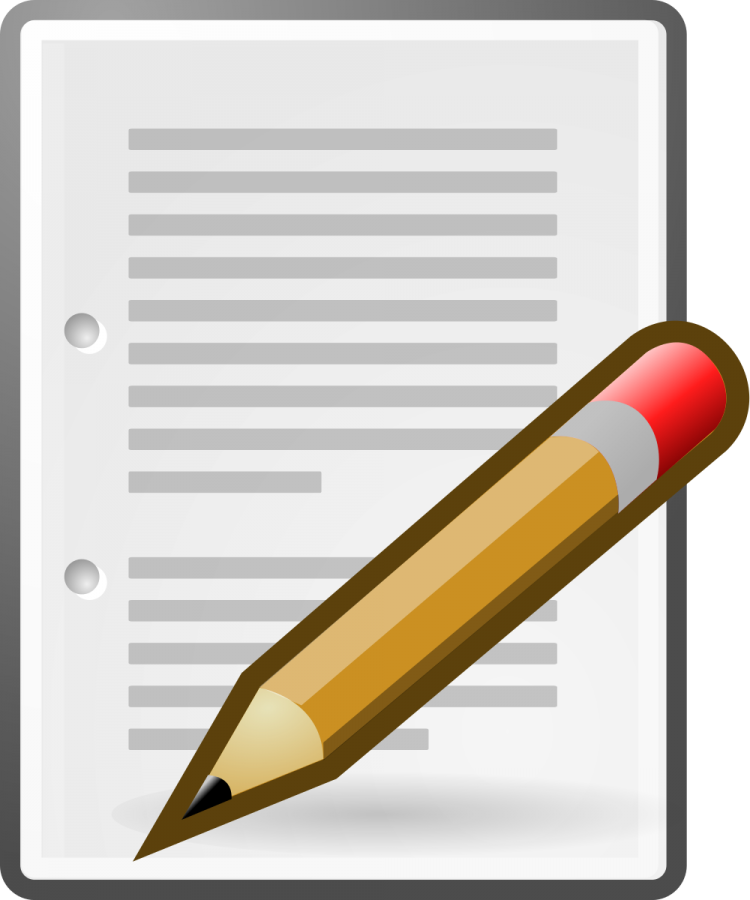Peer-editing day inspires either excitement or dread from most people I know. On one hand, it can be productive to get fresh eyes on your work and the brain break from your own essay can help you gain perspective. On the other, sitting in front of a paper that is either already so beyond your writing capacity that you can’t think of anything to “fix” or so rambling and lost that you can only think to pat the author on the back and suggest they don’t write their next paper at two in the morning.
Regardless of what peer-review camp you’re in, here are some tips on how to give more productive feedback:
- If you can’t think big, think small.
If there are no glaring structural errors in the paper or its thesis, look at grammar. Are there any awkward or confusing sentences or phrases? Are there any ambiguous terms or questions left unanswered? These fixes may seem small but can be easily overlooked by someone more concerned with the essay overall.
2) Point them in the right direction.
If you find too much to fix in one class period of editing try to point them down the right path so they can do some of the fixing on their own. I like to do this with questions: How can you make this thesis more specific? Can you elaborate on this example? Are you addressing all parts of the prompt? Instead of answering these questions for the author, show them what work they have to do.
3) Suggest gently.
One of my biggest peer-edit pet peeves is when people cross out big sections of text and write in their own. Instead of ordering your peer to rewrite a sentence your way, suggest an edit underneath their writing. Try to keep your suggestion similar to the existing sentence. No one’s going to introduce an entirely new point just because their peer reviewer wrote it in the margin. Stay realistic and stay sensitive to the author’s feelings.
4) Ask.
If you aren’t sure how to edit someone’s paper, ask them what they’d like help with. Most people are aware of their strengths and weaknesses and will have an idea of how their peer-editor can help them. This tip goes both ways. If you think your analysis in paragraph two is a little shaky, tell your editor to pay special attention to that portion of the essay. This will give them a better idea of how to help you quickly and effectively.
5) Provide a disclaimer.
If you finished the paper 10 minutes before class started tell the person who’s editing it what’s up. If your peer reviewer knows you have a lot to work on already they can be more focused in their criticisms (and will also judge you less.)
The peer-review is not just for participation points. Everyone in your class is striving for the same good grade. Giving your peers a leg up not only helps them, it can also give you a better understanding of your own assignment.

